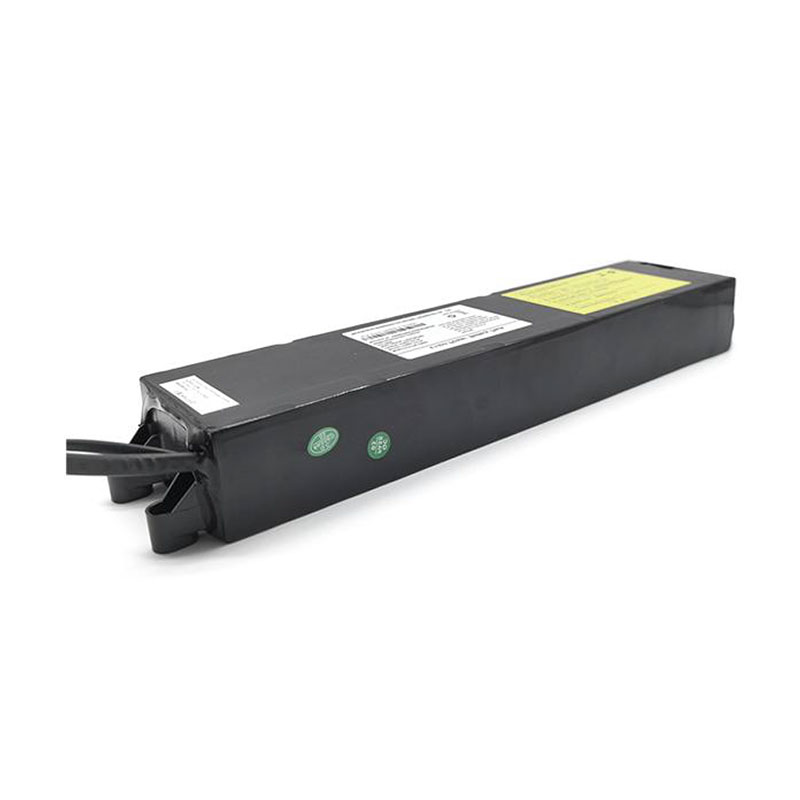- English
- Español
- Português
- русский
- Français
- 日本語
- Deutsch
- tiếng Việt
- Italiano
- Nederlands
- ภาษาไทย
- Polski
- 한국어
- Svenska
- magyar
- Malay
- বাংলা ভাষার
- Dansk
- Suomi
- हिन्दी
- Pilipino
- Türkçe
- Gaeilge
- العربية
- Indonesia
- Norsk
- تمل
- český
- ελληνικά
- український
- Javanese
- فارسی
- தமிழ்
- తెలుగు
- नेपाली
- Burmese
- български
- ລາວ
- Latine
- Қазақша
- Euskal
- Azərbaycan
- Slovenský jazyk
- Македонски
- Lietuvos
- Eesti Keel
- Română
- Slovenski
- मराठी
- Srpski језик
Scooter Lithium Battery, Easy and Smooth Travel!
2025-07-04
With the surge in demand for short-distance travel in cities, electric scooters have become a convenient means of transportation. Its core power source, Scooter Lithium Battery, continues to evolve and is reshaping the commuting experience with significant advantages.

High energy density, worry-free battery life
The energy density of Hyundai Scooter Lithium Battery is significantly higher than that of traditional batteries. "At the same weight, the energy density is increased by more than 30%, helping the battery life to jump to more than 30 kilometers." Industry experts pointed out. This means that daily commuters do not need to worry about "battery anxiety". Daily travel only needs to be charged once a week, which can easily cope with urban shuttle.
Long life, fast charging, high efficiency
The cycle life of lithium batteries is more than 800 times, which is more than twice that of lead-acid batteries, greatly reducing the cost of later replacement. With fast charging technology, "full charge can be revived in 1 to 2 hours", and charging in the morning can meet the needs of returning home in the evening. At the same time, its energy conversion efficiency exceeds 90%, reducing energy waste. Calculated based on monthly commuting, the charging cost is only about 10 yuan, which is outstanding in economy.
Lightweight and environmentally friendly, safety upgrade
Thanks to the lightweight design of the lithium battery, the overall weight of the scooter is significantly reduced, and female users can easily carry it with one hand. The environmental protection attributes are also outstanding: completely lead-free, cadmium-free, and can be efficiently recycled. In terms of safety, the "flame-retardant shell + smart protection board" double insurance design monitors overcharging and overheating risks in real time to escort the whole ride.
With the continued support of policies for green travel, the breakthrough of Scooter Lithium Battery will continue to push scooters towards longer battery life, stronger safety, and better experience. "Lithium batteries make commuting truly worry-free and economical," commented a Beijing office worker. This power revolution is quietly revolutionizing the travel ecology of the last kilometer of the city.




